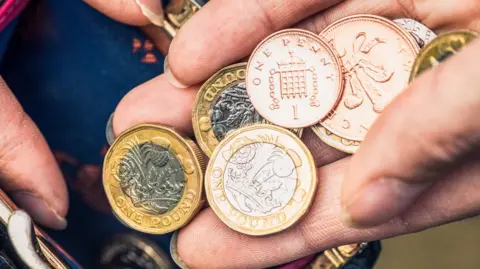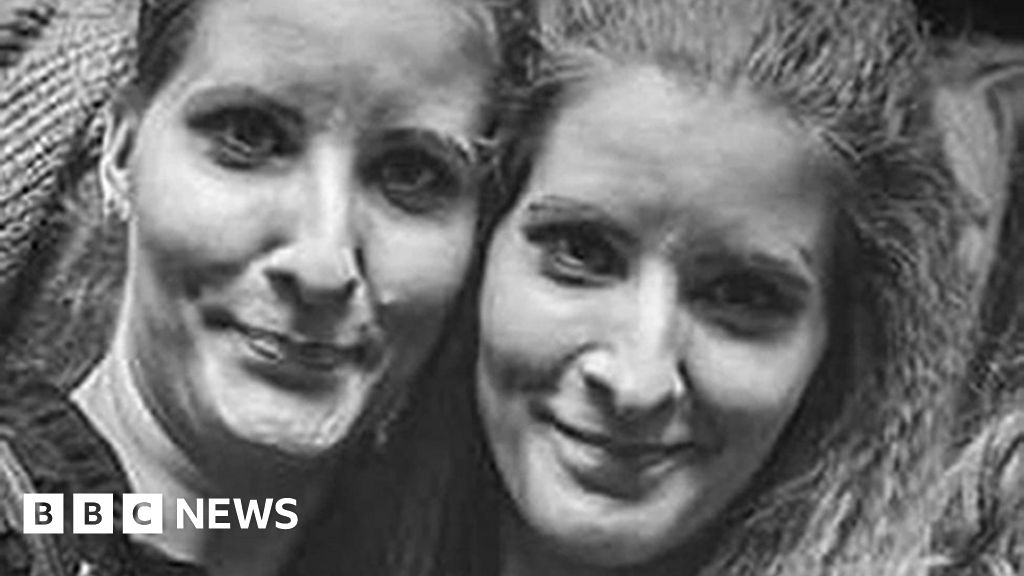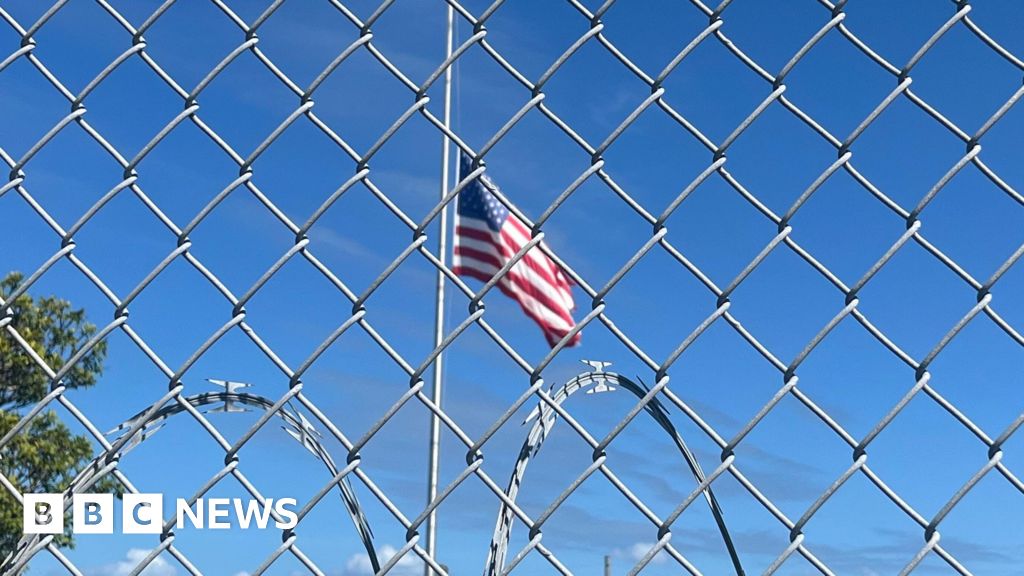
 Getty Images
Getty Images
The number of people mainly using cash for day-to-day spending hit a four year high during the cost of living crisis, research suggests.
Some 1.5 million adults mainly used cash in 2023 - marking the first rise since 2019, according to UK Finance.
UK Finance's head of research Adrian Buckle said: "This is likely to be a reflection of the use of cash to manage a limited budget."
But the data from the banking trade body also showed the majority of young people paid for things using smartphones or watches.
Nearly three-quarters (72%) of 18 to 24-year-olds regularly used their digital wallets to make contactless payments.
Their parents and grandparents were far less likely to spend in the same way.
Just over a quarter (27%) of 45 to 54-year-olds used mobile contactless payments regularly, falling to just 8% of the over 65s.
Mr Buckle said he expected older age groups to catch up in the coming years.
"Mobile contactless payments are growing fast and one-third of adults are now making these at least once a month, with scope for usage to increase further," he said.
Unlike cards, which have a contactless spending limit of £100, mobile contactless payments have security features such as fingerprint technology which means there is no cap.
In addition, any interception by fraudsters should not compromise card data.
However, there are warnings about thieves "shoulder surfing" before stealing phones, with separate figures showing one phone stolen every six minutes in London.
There has been a steady decline in payments using cash over the last decade, particularly as consumers turn to contactless cards for everyday purchases.
A slight rise in 2022 was attributed to the impact of sharply rising prices, squeezed finances and closely-watched budgets.
Cash use dropped again last year to 12% of all payments, according to UK Finance, and 22 million consumers were primarily cashless.
However, the research suggests 1.5 million mainly used cash in 2023, up from 900,000 the previous year, reflecting the ongoing impact of the cost of living on those with limited incomes.
Cash remains the second most popular payment method, after debit cards - with an estimated three million people still relying on it.
Stricter rules on ensuring banks and building societies offer access to cash have been announced by the City watchdog, the Financial Conduct Authority (FCA).
It said its new rules would require banks and building societies, when considering branch closures, to fill gaps in cash access with measures such as banking hubs, ATMs and Post Office facilities.


How can I save money on my food shop?
- Look at your cupboards so you know what you have already
- Head to the reduced section first to see if it has anything you need
- Buy things close to their best before date which will be cheaper and use your freezer
Read more tips here
 (1).png)
 5 months ago
12
5 months ago
12


















